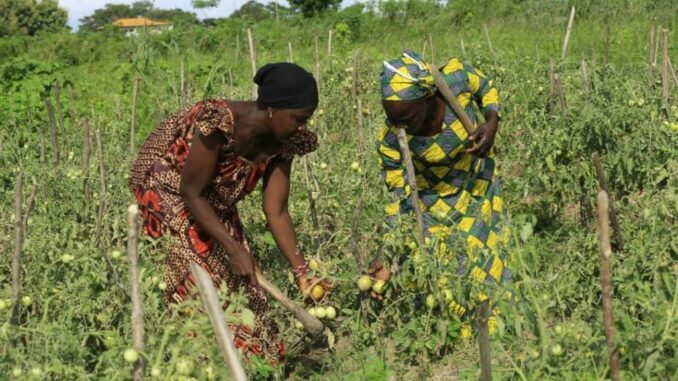
In the northern Ivorian village of Fapaha, a cooperative of women has been established to cultivate vegetables and sell their harvest in the local market, enabling them to generate income for their families independently. Mariam Sulue, Secretary of the Fapaha Women’s Association, noted the transformation from relying on handouts to cultivating onions, illustrating the newfound self-reliance of the women.
This initiative has received support from the World Food Programme, which has provided agricultural tools and assistance in marketing their produce to the nearby school canteen. Olivia Hantz, the WFP chief in Côte d’Ivoire, emphasized their focus on empowering women by providing resources and training in farming techniques.
By actively participating in the farming project, women have assumed a significant role in village life, challenging the traditional male dominance in rural society. Economic analyst Jean-Marie Biada highlighted the socio-economic impact, noting that women involved in market gardening now hold esteemed positions within the village hierarchy.
The cooperative’s collaboration with the village school cafeteria has been fruitful, yielding impressive yields of vegetables and legumes over several acres. However, despite their substantial contribution to agriculture, women in Côte d’Ivoire face challenges due to gender-biased land customs. Land ownership disproportionately favors men, leaving women vulnerable, with only a small percentage owning land. Moreover, marriage often results in women losing access to land, a situation that highlights the need for reforms to address gender disparities in land rights.
